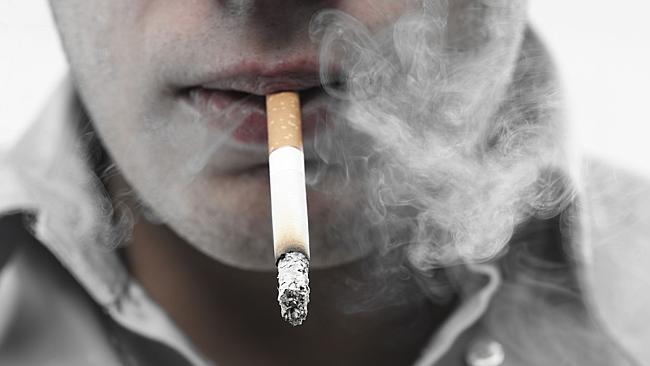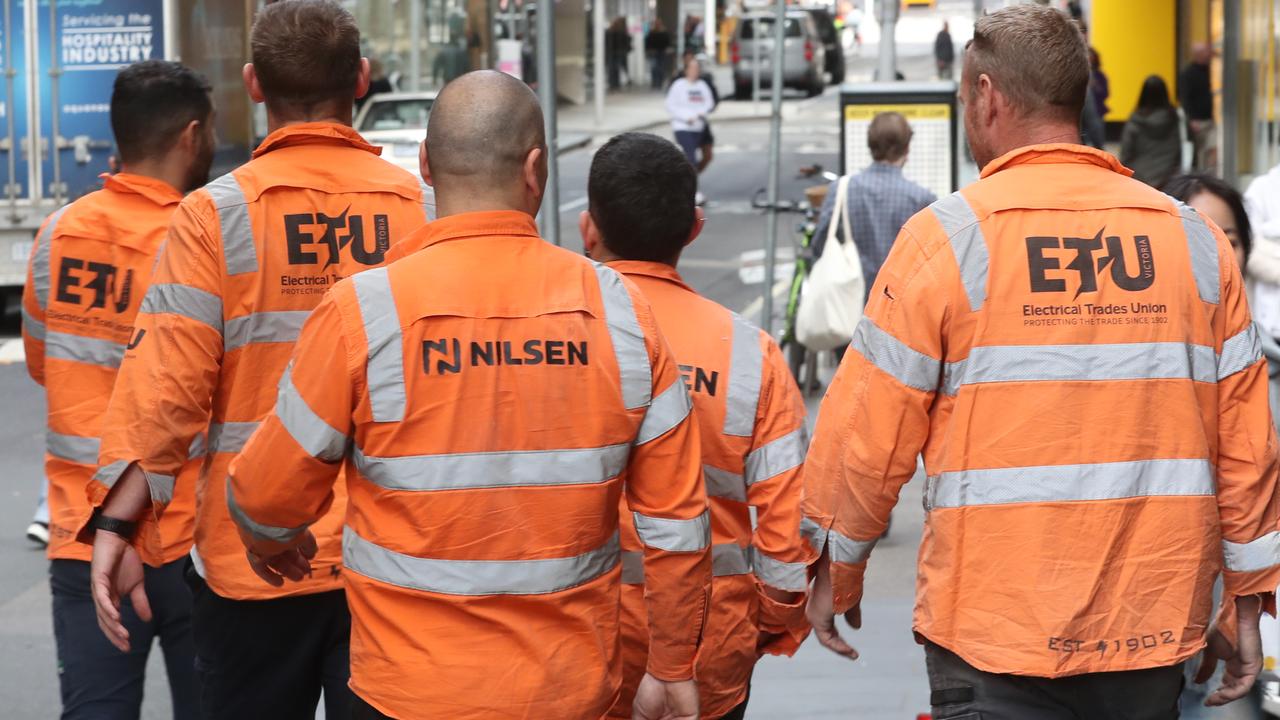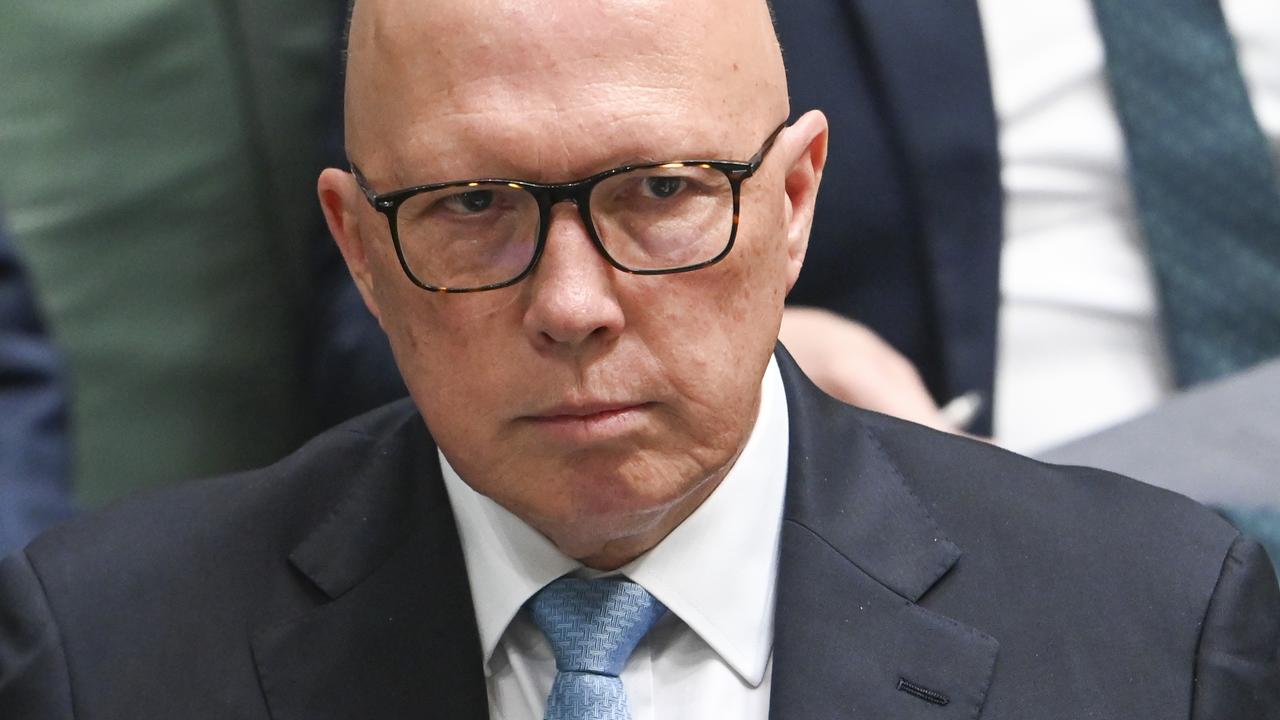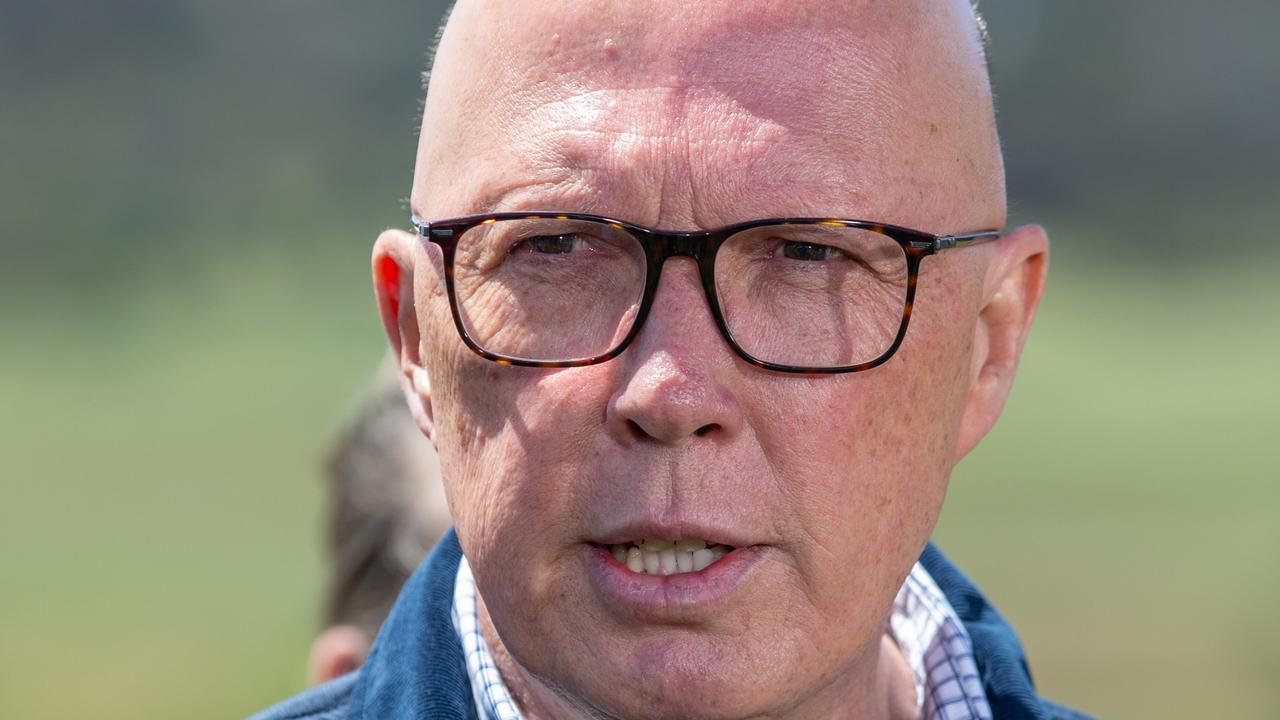Tobacco excise increases by 12.5 per cent, smokers to pay an extra $1.41 for a pack of 25
THE war on tobacco continues — as of today, smokers will have to cough up even more. But who’s really winning this battle? It’s not who you think.

THE war on tobacco continues. As of today, smokers will pay between $1.12 and $2.81 extra for a pack of cigarettes.
For a pack of 20, smokers can expect to pay an additional $1.12, while a pack of 50 will cost an extra $2.81. Someone smoking 25 cigarettes a day will pay an extra $9.87 a week in tax, bringing their total tax contribution to $81 a week, according to The Australian.
The tobacco excise increase of 12.5 per cent is the second of four increases announced by the former Labor government and kept by Joe Hockey.
Former treasurer Chris Bowen and former prime minster Kevin Rudd announced the hit on smokers last year as a way to plug budget holes and step up the war on smoking-related illness.
The Abbott government has also added its own tax bump to Kevin Rudd’s — 13 cents out of the $1.41 extra for a packet of 25 is from Abbott’s tax increase.
The excise is set to increase again in September next year and September 2016. Labor, announcing the plan in its final days of government, said it would raise $5.3 billion over four years.
The excise will also be increased under the normal twice-yearly indexation introduced 30 years ago by the Hawke government, although under the new benchmark of average weekly ordinary-time earnings.
Clinton Mead, spokesman for the Smokers’ Rights Party, told news.com.au the only winners from the tax increase would be organised crime groups selling illicit tobacco, known as ‘chop-chop’. “They’re already pushing around 10 to 13 per cent of the market,” he said.
“It’s in the billions of dollars a year organised crime is now making from tobacco sales. You just have to turn up to any RSL club in the west and ask pensioners where they get their cigarettes from, and a lot of them will say chop-chop.”
Mr Mead said tobacco taxation had reached a point where it was “de facto prohibition”. “Organised crime couldn’t compete if it weren’t for the fact the government is essentially running a protection racket by penalising legal businesses.”
More controversially, Mr Mead said smoking actually saves the government money — and that the public health costs were far less than the tax revenue collected.
“Dying in our public health system is an expensive process. It still costs money, whether you die at age 70 from lung cancer or at age 90 with dementia — the only difference is you’re paid less pension,” he said.
“Anything which makes people live for a shorter amount of time, provided they don’t die before retirement age, will save the government money. There is no justification for taxing smoking on public health grounds. It’s pure nanny state.”
Professor Mike Daube, health policy expert at Curtin University and president of the Australian Council on Smoking and Health, dismissed Mr Mead’s arguments. “We heard this argument about plain packaging as well, that it would increase illicit trade, but a paper has just been published in BMJ showing that to be false,” he said.
“A tax increase is the best tool we have to reduce smoking. A price increase will contribute to a significant reduction in smoking, it will improve health, and it will especially benefit the lower-income groups who give up smoking disproportionately due to tax increases. There’s also evidence that is causes heavier smokers smoke less, too.”
Professor Daube suggested the Smokers’ Rights Party “should be renamed the People Should Die Younger Party”. “If anybody is arguing we should kill people younger to save money, that’s just ridiculous. This is obviously a mickey mouse group pursuing silly and uninformed arguments.”
Australia was “realistically getting very close to the end of smoking”, Professor Daube added. “There was a period after the war when three quarters of adult males in Australia were smokers. In 2010 it was 15.1 per cent, it was 12.8 per cent in 2013.
“With the effects of four tax increases and plain packaging, it’s probable that by the time of the next survey in 2016 it will be below 10 per cent.”
TAX INCREASE
PACK OF 20 +$1.12
PACK OF 25 +$1.41
PACK OF 30 +$1.69
PACK OF 40 +$2.25
PACK OF 50 +$2.81
Should smokers pay more tax? Leave your comments below or email the writer at frank.chung@news.com.au




